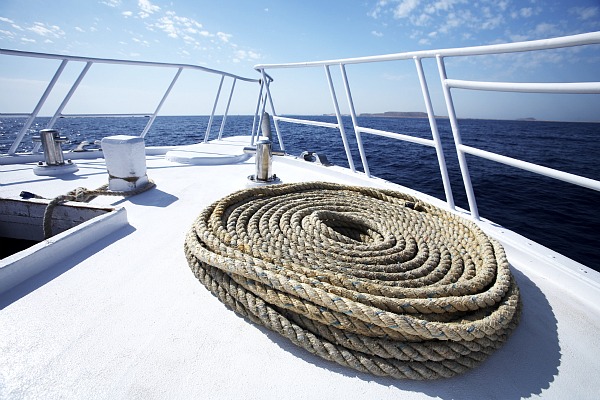Safety Gift Ideas for Boaters

Marine Rescue NSW wishes everyone who goes boating a safe and happy holiday season and suggests a few gift ideas for anyone who goes offshore fishing or sailing.
- Equip Your Boat Lover with Essential Safety Gear
- 1. Invest in an EPIRB – A Lifesaving Tool
- 2. Stay Compliant with Inflatable Lifejackets
- 3. Navigate with Precision – Give the Gift of a GPS
- 4. Upgrade to a VHF Radio for Enhanced Communication
- 5. Join Marine Rescue CompassNet for Year-Round Protection
- Keep Your Boater Safe This Holiday Season
Equip Your Boat Lover with Essential Safety Gear
1. Invest in an EPIRB – A Lifesaving Tool
An EPIRB (Electronic Position Indicating Radio Beacon) is a must-have for any boater. Priced around $300, this device is a smart and economical safety investment. Using satellite technology, an EPIRB can pinpoint a boat’s exact location, ensuring a swift rescue if needed. It’s also required for vessels venturing more than two nautical miles offshore.
2. Stay Compliant with Inflatable Lifejackets
With new lifejacket laws in place, consider gifting a comfortable inflatable lifejacket. These are light, easy to wear, and offer peace of mind for skippers, ranging from $80 to $200. Beyond comfort, they serve as crucial life-saving insurance in emergencies, helping to keep your loved one safe and compliant with boating regulations.
3. Navigate with Precision – Give the Gift of a GPS
For those planning to sail offshore, a reliable marine GPS is essential. Starting just under $400, a hand-held GPS ensures accurate location tracking, making it easier for rescue teams to respond swiftly in an emergency. Unlike car GPS devices, a marine GPS is built specifically for open water navigation, making it the perfect addition to any boater’s toolkit.
4. Upgrade to a VHF Radio for Enhanced Communication
While many boats already have a marine radio, a VHF radio is the superior choice for clearer, more reliable communication. Priced at a few hundred dollars, VHF radios provide better coverage and are indispensable in emergencies. If your boater is still relying on an older 27meg radio, upgrading to VHF is a wise move.
5. Join Marine Rescue CompassNet for Year-Round Protection
For just $50, gift an annual membership to Marine Rescue CompassNet. This service adds an extra layer of safety, ensuring that your loved one is always within the Marine Rescue safety network. Learn more about CompassNet from your local Marine Rescue unit or visit Marine Rescue NSW for details.
Keep Your Boater Safe This Holiday Season
With the holidays upon us, many will be heading out to enjoy Australia’s stunning coastline. Yet, as boating activity increases, so does the risk of incidents. Gifting safety gear to the boater in your family is a meaningful way to protect them, helping ensure they remain within the Marine Rescue safety net all year round.


